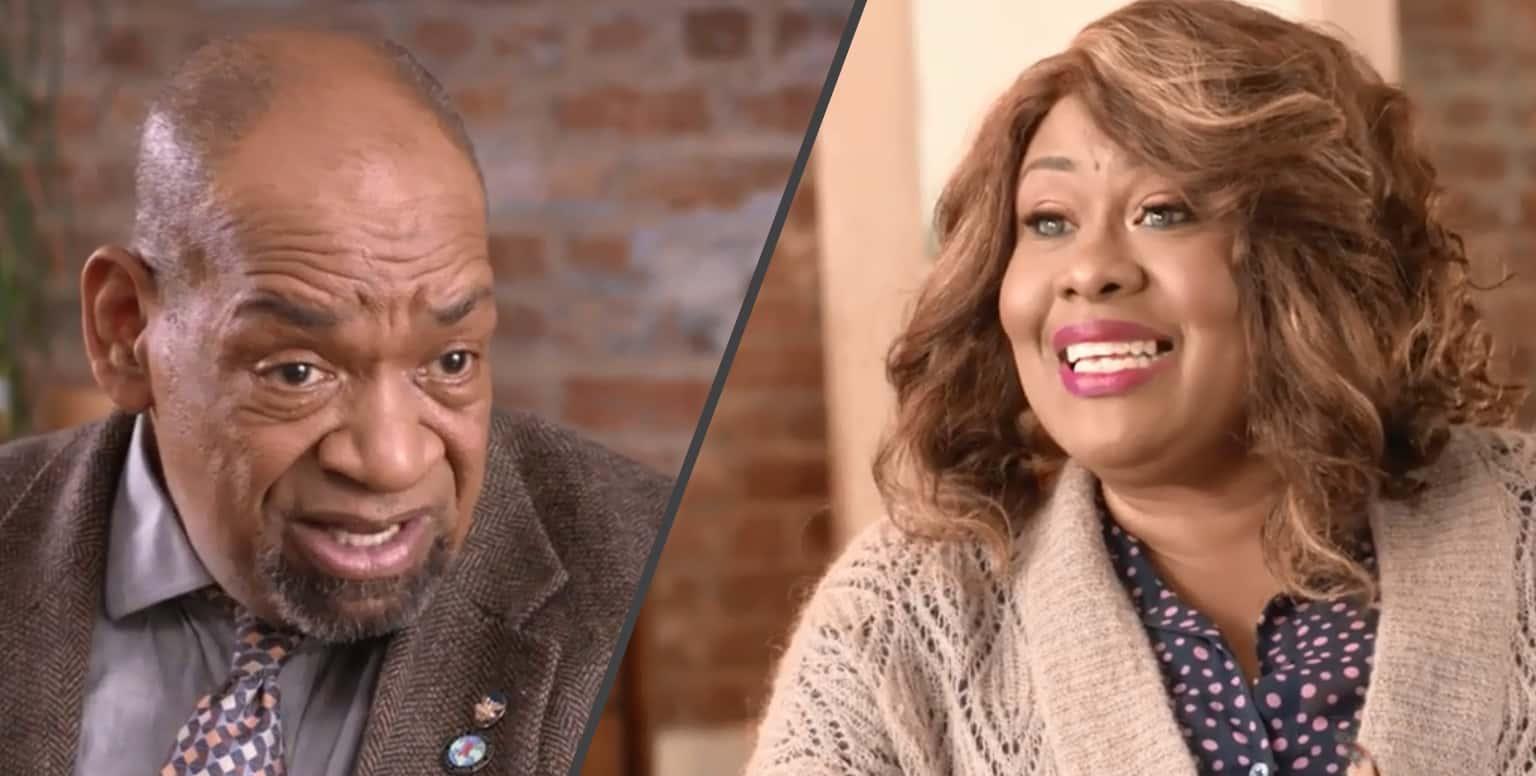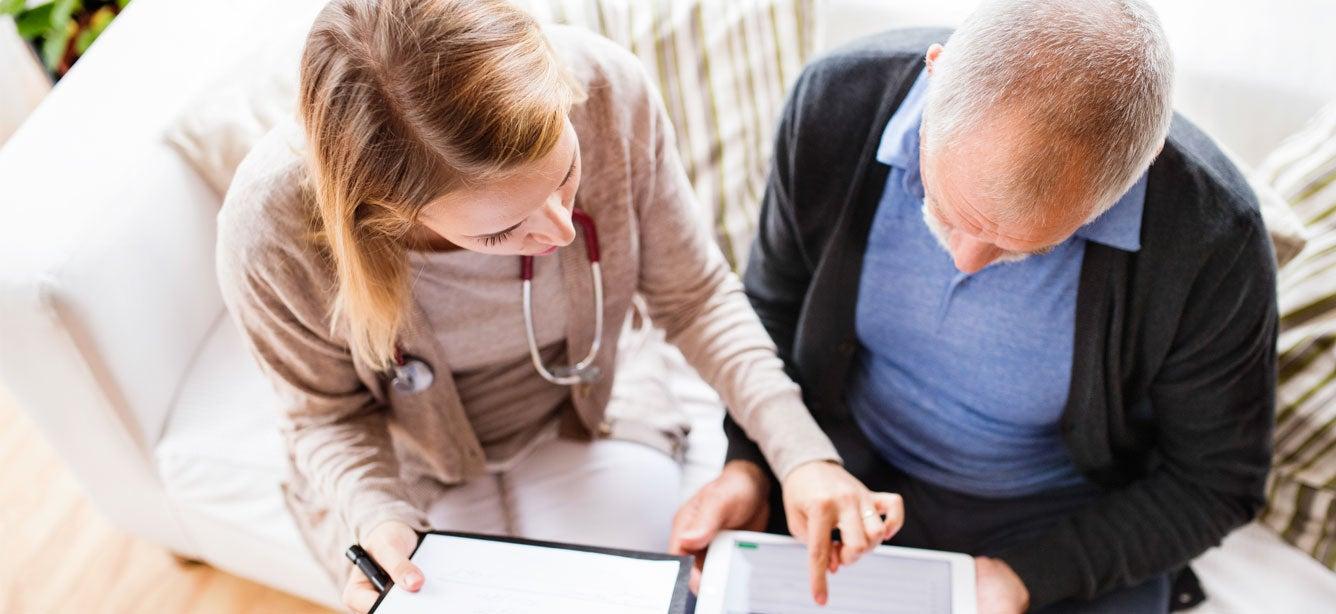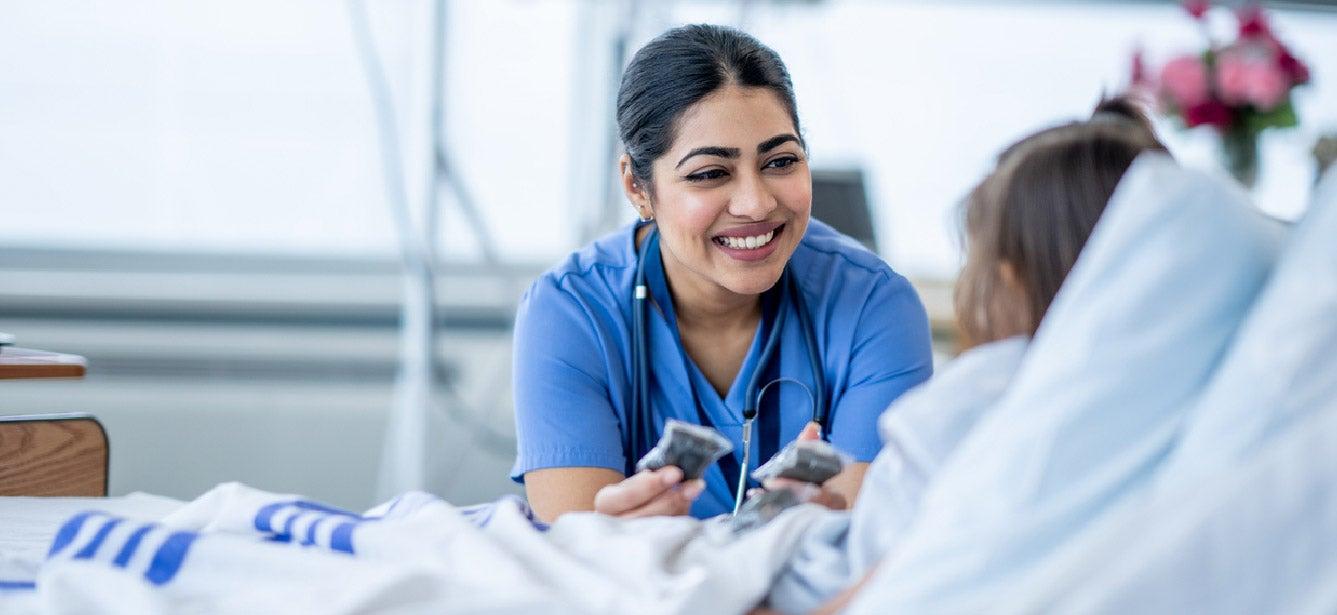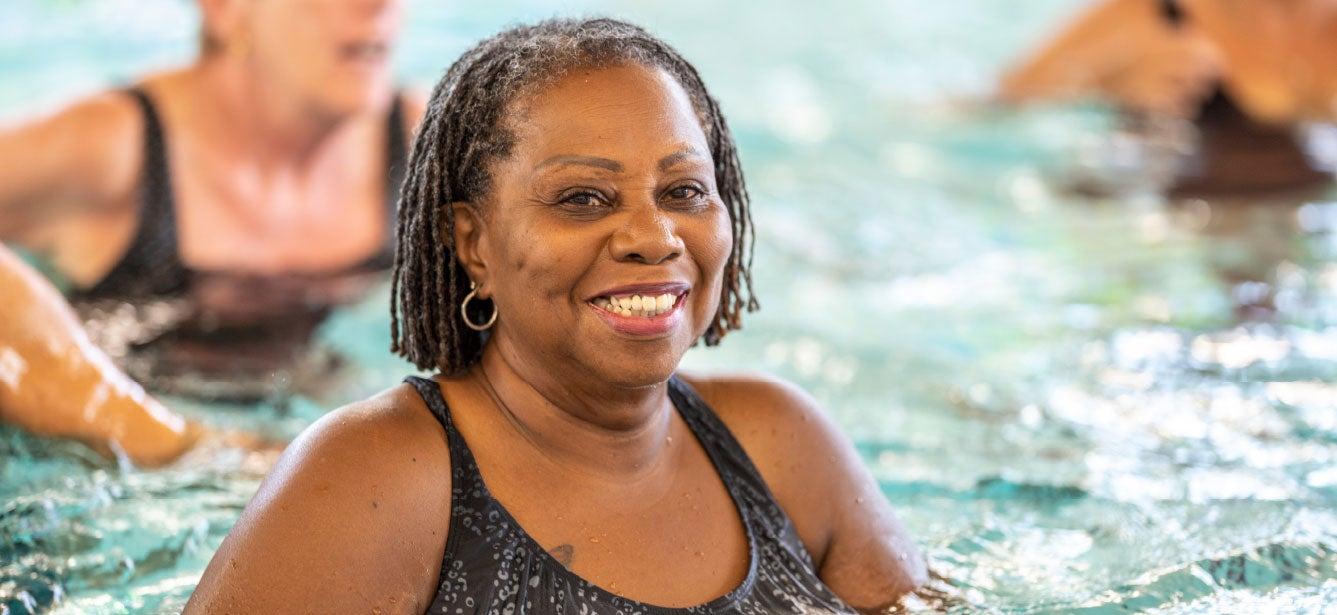
Read the interview below with Michelle Lopez, 51, and Ed Shaw, 76, about their experience as long-term HIV survivors and advocates in their communities.
Q: What tools and strategies have helped you to manage HIV/AIDS over many years?
Michelle Lopez: Finding a community for myself has been so vitally important to living a full, vibrant life with HIV. I was terrified when I first heard the words “you are HIV positive,” but joining what I call the HIV community and finding people who were going through the same thing I was made such an incredible difference. My community helped educate me and taught me to empower myself. When I was diagnosed, I thought that HIV was just a gay, white male disease and that women had nothing to worry about. I now know so much more, not just about HIV, but about taking care of my health overall. Preventive care in my community is unheard of, but it is so important to staying healthy. I’ve learned how to work closely with my health care provider to manage my health. Ed Shaw: When I was first diagnosed, I went through a 5-year period of denial. I isolated myself, and it was due to shame, stigma, discrimination. Once I was able to finally acknowledge my diagnosis and talk to my family about it, I could finally live better, in a world without denial, or shame. This allowed me to feel more comfortable when engaging with doctors and the community in general, where I got to know like-minded individuals who were also living with HIV. That’s why I think the ability to open up about my status is so important. One key part of my community is my team of health care professionals. Building good relationships with my health care team has been one of the most important aspects in helping me stay healthy. We work together and I learn from them, and I also help educate them through my prism of many experiences I’ve learned through my journey with HIV.
Q: What do you see as the biggest challenge facing people with HIV/AIDS, today?
Ed: Something as simple as saying “I have HIV” and starting that conversation can be so, so difficult. A lot of people don’t know how to talk about their experience with the disease, so instead they isolate themselves, as I did in the beginning. It’s so important for people living with HIV/AIDS to know that they are never alone, and that there is always someone there to talk to. Michelle: One of the biggest challenges is remembering that HIV/AIDS is not a definition of who you are. It’s a chronic disease, and there are steps that you take to manage it, but it’s not your whole identity. An HIV diagnosis absolutely does not mean that it’s time for you to stop living. And people still have to deal with HIV stigma, even though it has gotten a lot better since I was first diagnosed.
Q: How did you overcome the isolation and stigma of an HIV/AIDS diagnosis?
Michelle: I think it is so important to be open about your HIV status and show people what living with HIV really looks like. When I am out in the community, and a man flirts with me or asks me out, I always tell them that I am a woman living with HIV. Most of the time, they are surprised, but I know that it makes them think and maybe reevaluate their perceptions about the virus. Ed: I started to move past the feelings of isolation once I made the decision to educate myself and really understand the disease I was living with. My social worker, a woman named Michelle, was the one who really pushed me to do that. I learned more about HIV and AIDS, and I started feeling comfortable enough to take my medications. The more I understood about life with HIV, the less afraid I became. And Michelle and I still keep in touch!
Q: Why is it important to you to reach out to others that have been diagnosed with HIV/AIDS? What is your advice to them?
Ed: I reach out to others who’ve been diagnosed because I don’t want anyone else to experience the shame and anguish that I went through when I was first diagnosed. For 5 years after I found out I was HIV positive, I isolated myself and lived in denial because I felt like I had a death sentence. It took having a mild heart attack for me to fully understand that I needed to educate myself and finally seek treatment. Michelle: First and foremost, visit your health care provider. An HIV diagnosis is scary, but you’ll feel so much more knowledgeable and empowered once you understand what HIV really is and the treatment options available to you. And after you’ve done that, find your community. I truly don’t know that I’d be here today if I hadn’t found a community of people who knew what I was going through and who have supported me endlessly as I’ve learned to live with HIV.
Q: What does aging well mean to you, personally? What wisdom do you wish that younger generations took to heart when it comes to preparing for older age?
Michelle: Aging well is about continuing to do the things that make you happy and healthy. It’s important to stay on top of your medications and to check in with your health care provider, but it’s just as important to keep up with your passions and stay a part of your community. We all make little adjustments here and there as we get older, but I want younger generations to know that aging doesn’t mean the world gets smaller. For me, it’s actually been the opposite. Ed: Aging well means taking ownership of your own life experience and finding the confidence to say what you’ve learned and forward that knowledge on to the next generation. I consider myself fortunate to be a long-term HIV survivor, living for 30 years after being diagnosed. It’s up to people like me to pass on the knowledge of support mechanisms that are available, and I hope the next generation understands that they can carry that same responsibility to the members of the HIV community who come after them.


